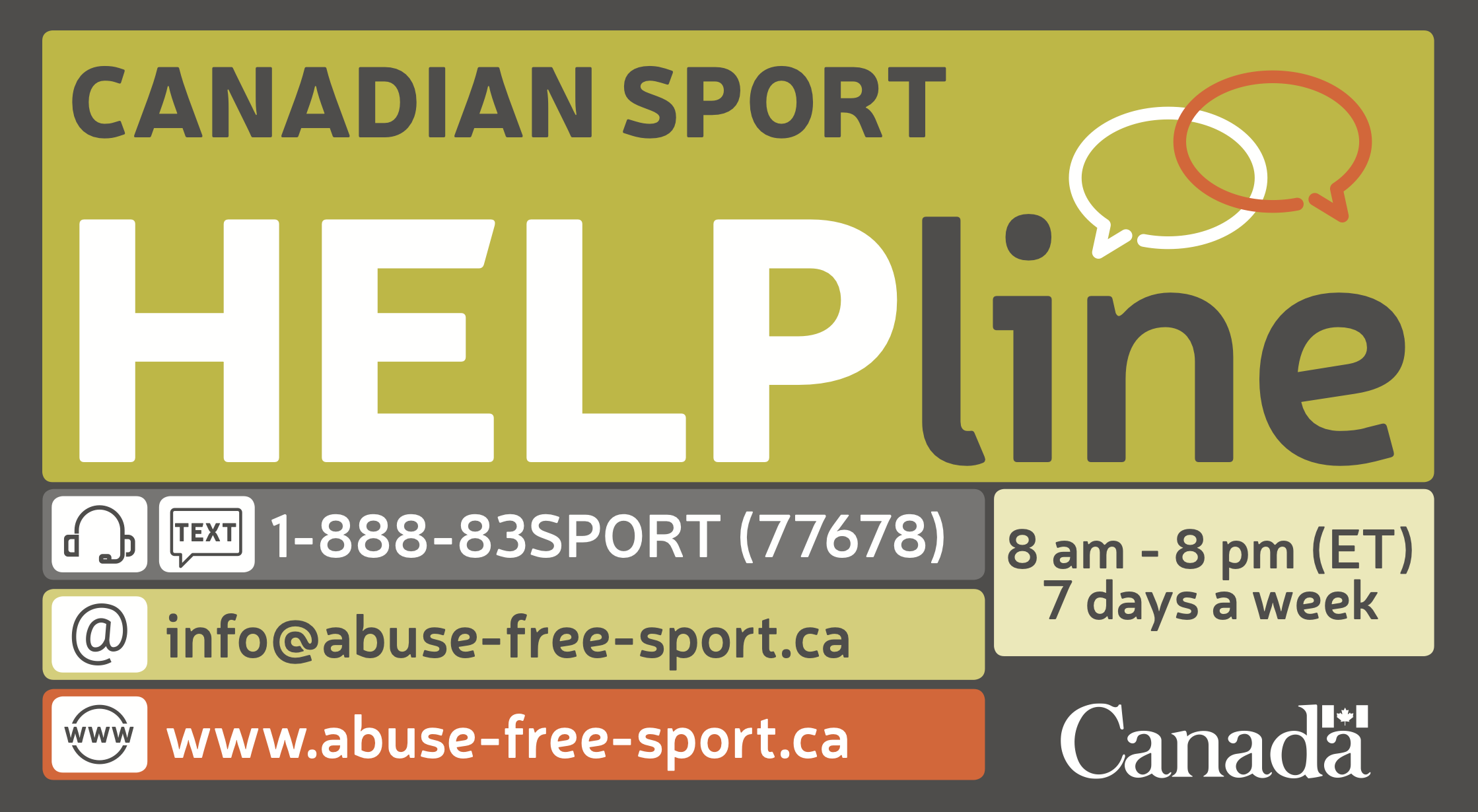Thanksgiving & Gratitude
Many people choose this time of year to celebrate Thanksgiving and express their appreciation for the things in their life that make them feel fortunate. Whether or not you choose to mark this occasion, practicing gratitude can be an excellent way to support your mental health.
Here are a few things you may not know about gratitude:
1 |
Gratitude can be described both as a temporary “state” (i.e., being grateful in a particular moment) and as an overall personality “trait” (i.e., someone might tend to be a grateful person in many moments throughout their life) |
2 |
Gratitude (and a similar concept of “thankfulness”) has been shown to predict lower rates of common mental health disorders like depression, anxiety, phobias, substance use, post-traumatic stress disorder (PTSD), and eating disorders |
3 |
Gratitude has also been associated with positive emotions, satisfaction with life, subjective well-being, positive relationships, and even positive physical health outcomes like reduced stress and improved sleep |
There are lots of ways to increase gratitude. These are some of the most effective ones:
- Gratitude Lists. Make a written list of several things you are grateful for. For example, keep a diary or journal and write down three things you are grateful for, every day before you go to bed.
- Grateful Contemplation. If writing in a journal isn’t for you, you can simply spend some time thinking about, meditating, or reflecting on the things you are grateful for in a more global way. There are lots of guided gratitude meditations available on the internet, but here are a couple to get you started:
- Grateful Actions. Find a way to express your gratitude through your behaviours and actions. Sending a thank you card or letter can be a great way to express your appreciation for someone who has helped or cared for you. Click here for more about this and advice on how to get started.
However and whenever you choose to celebrate, consider doing so with gratitude.
Thanks to CSCM Psychotherapist, Kevin Kristjanson, for sharing his thoughts on gratitude with us.


